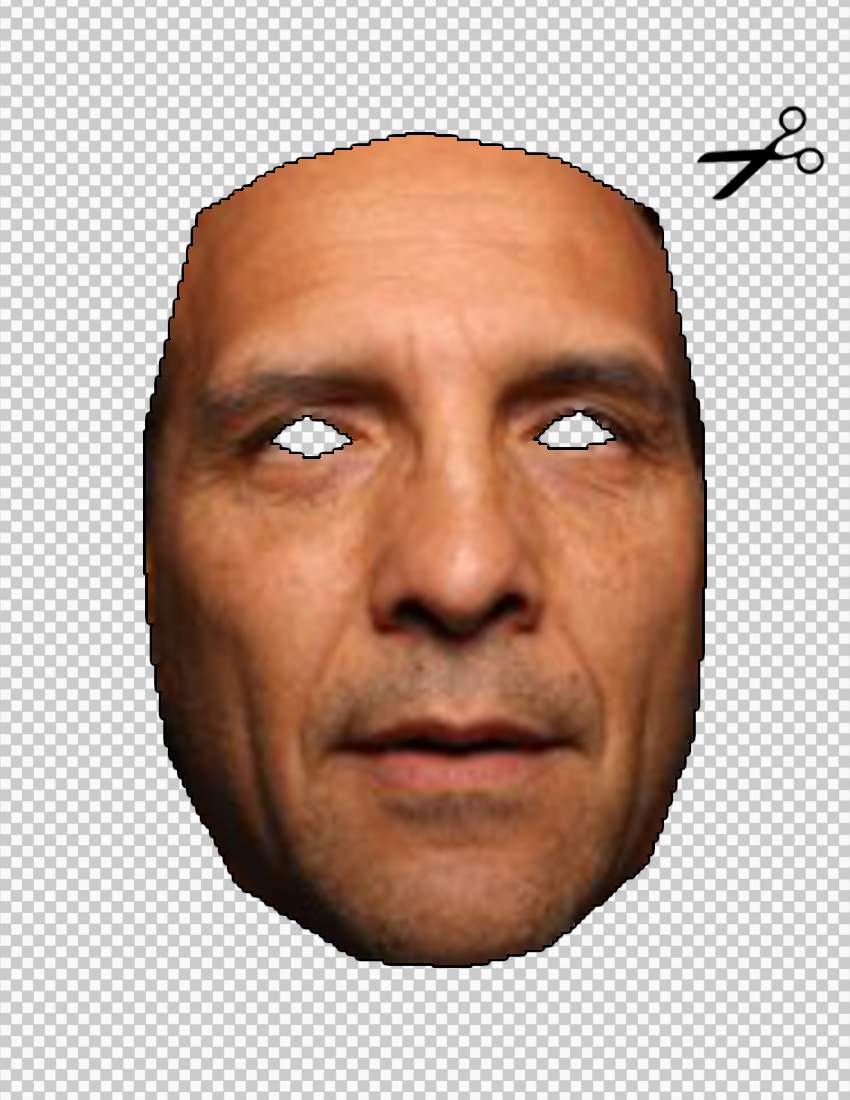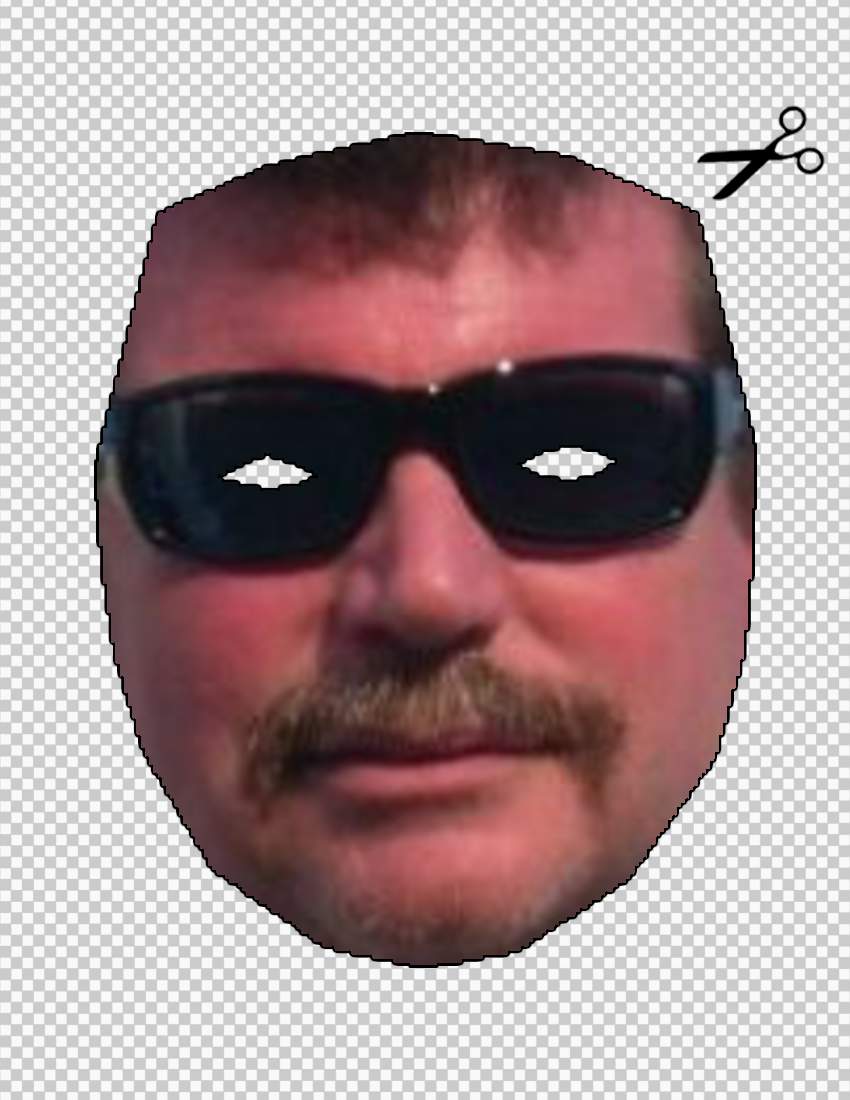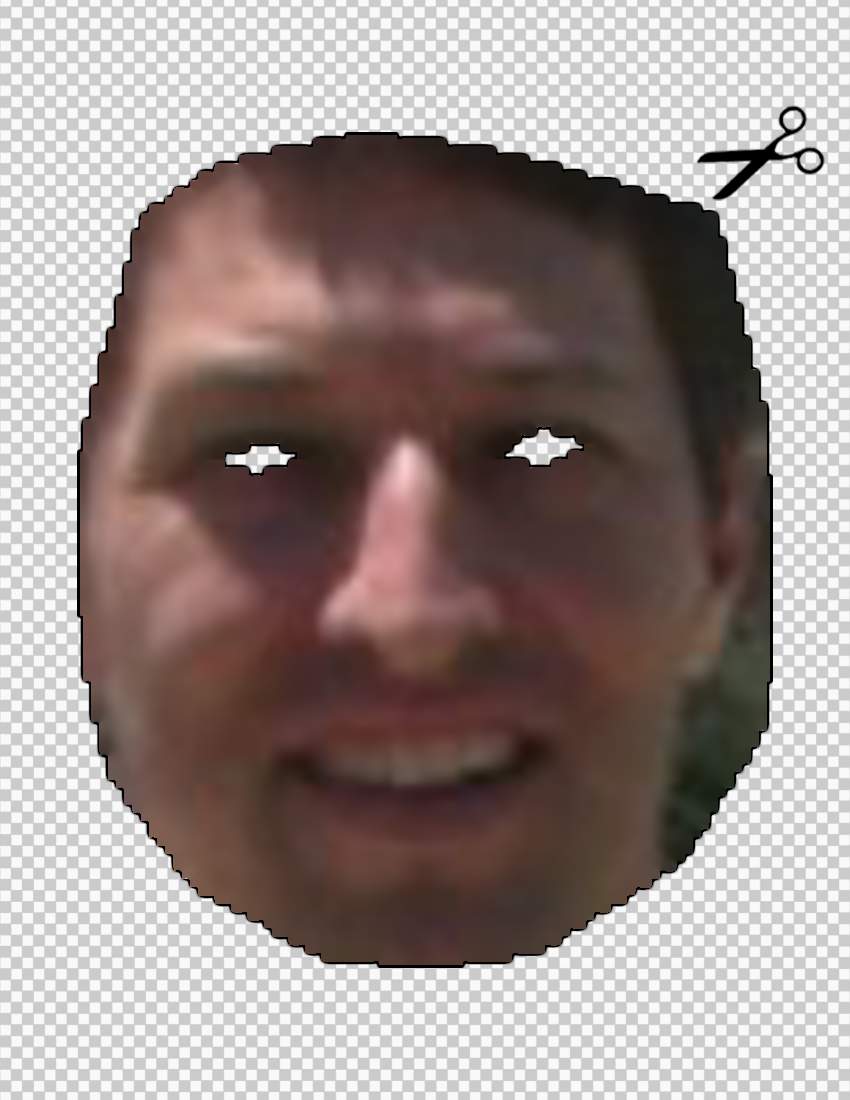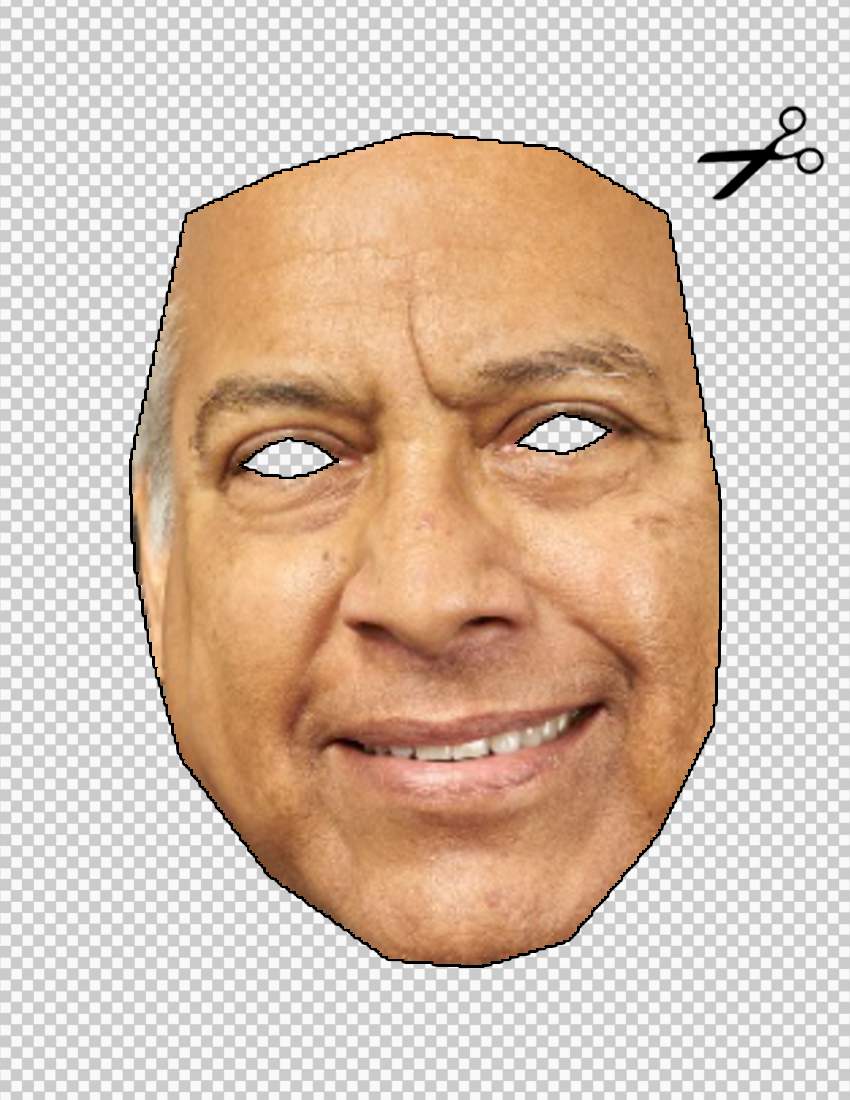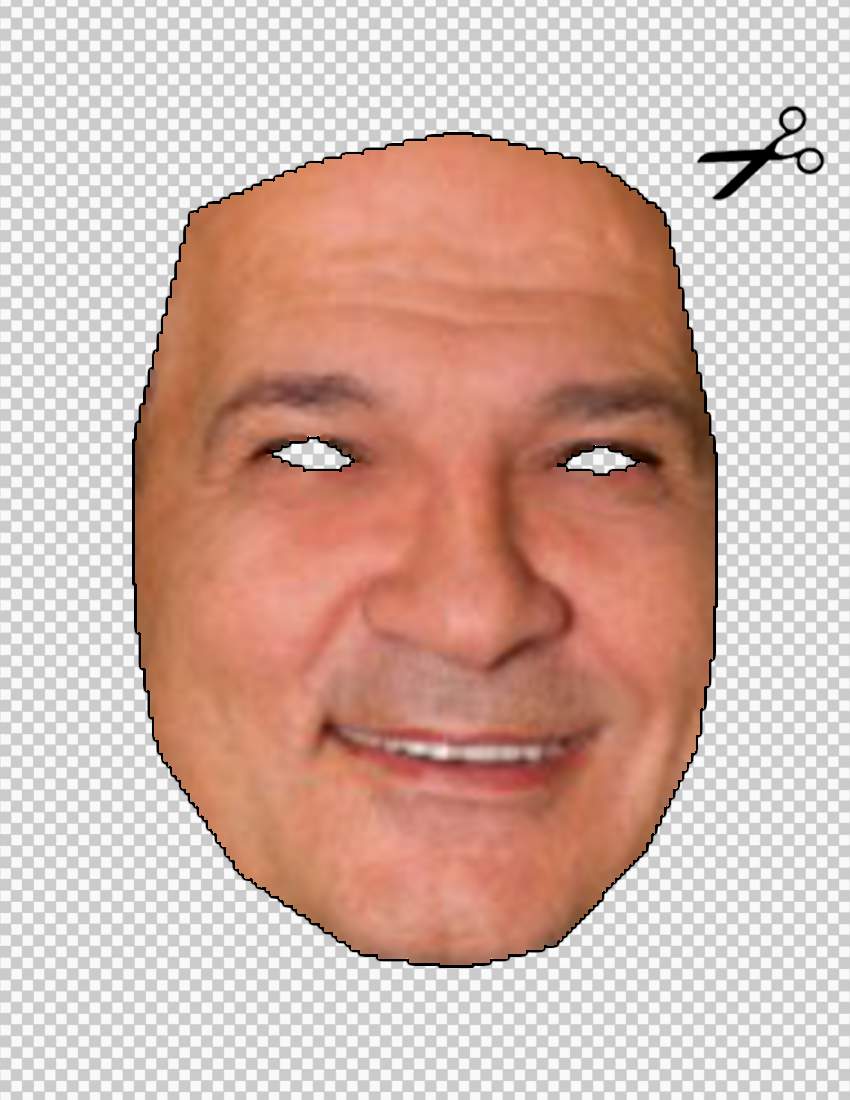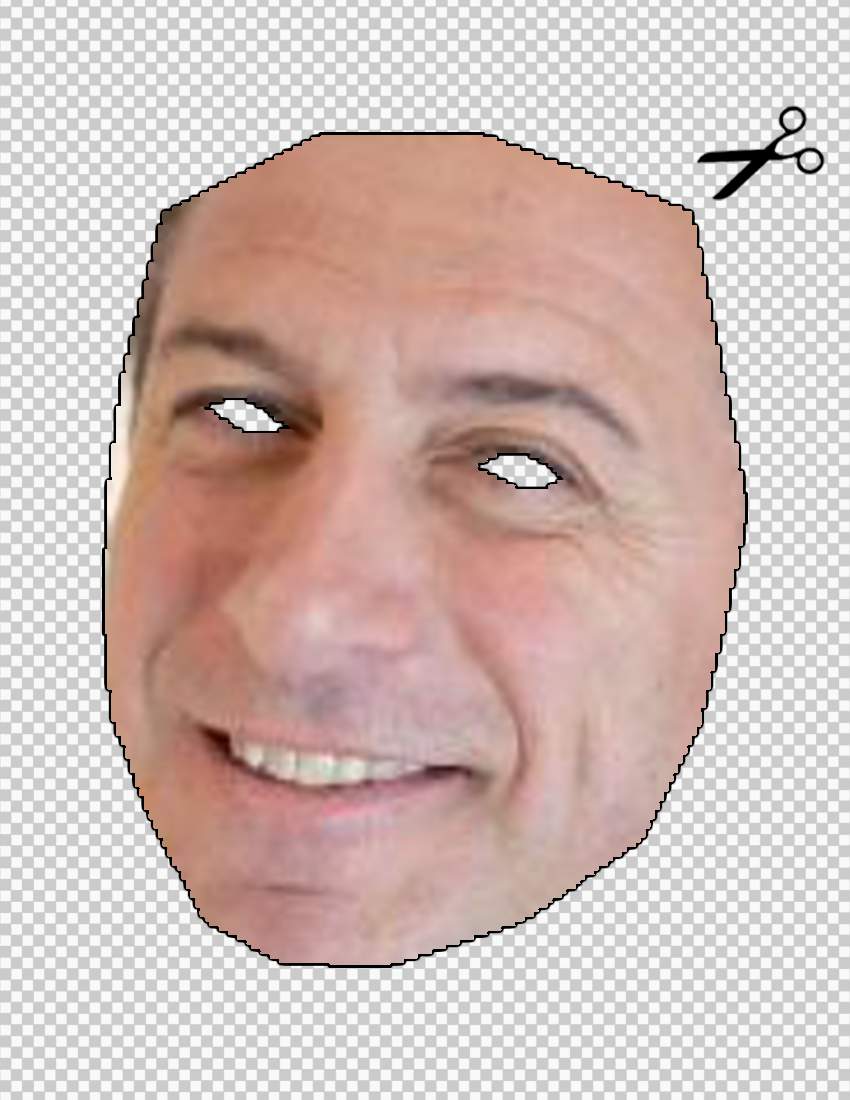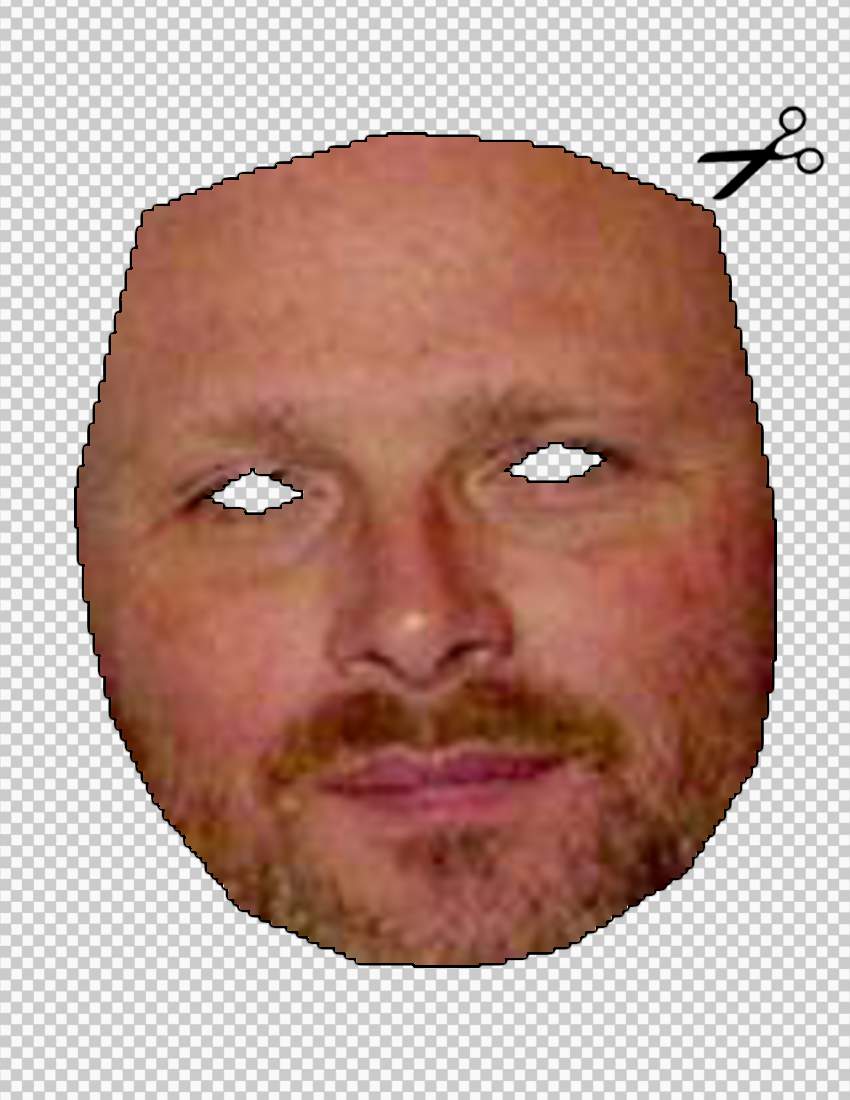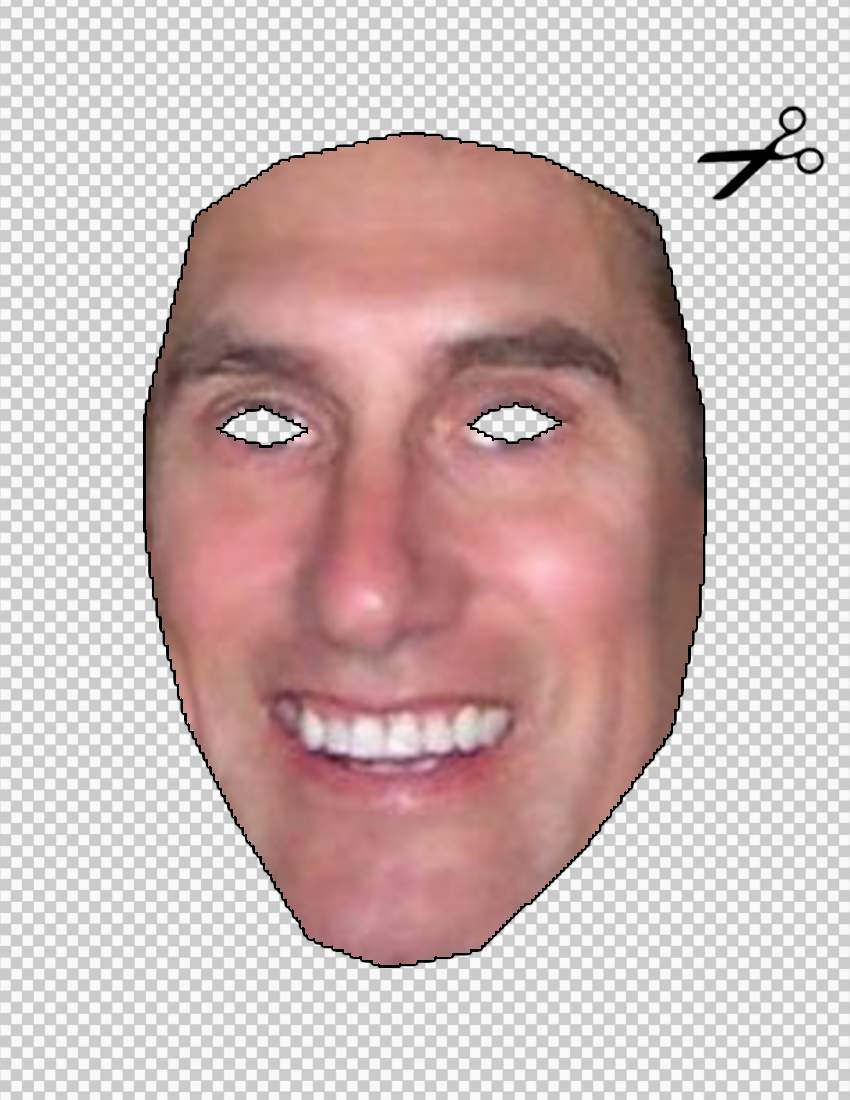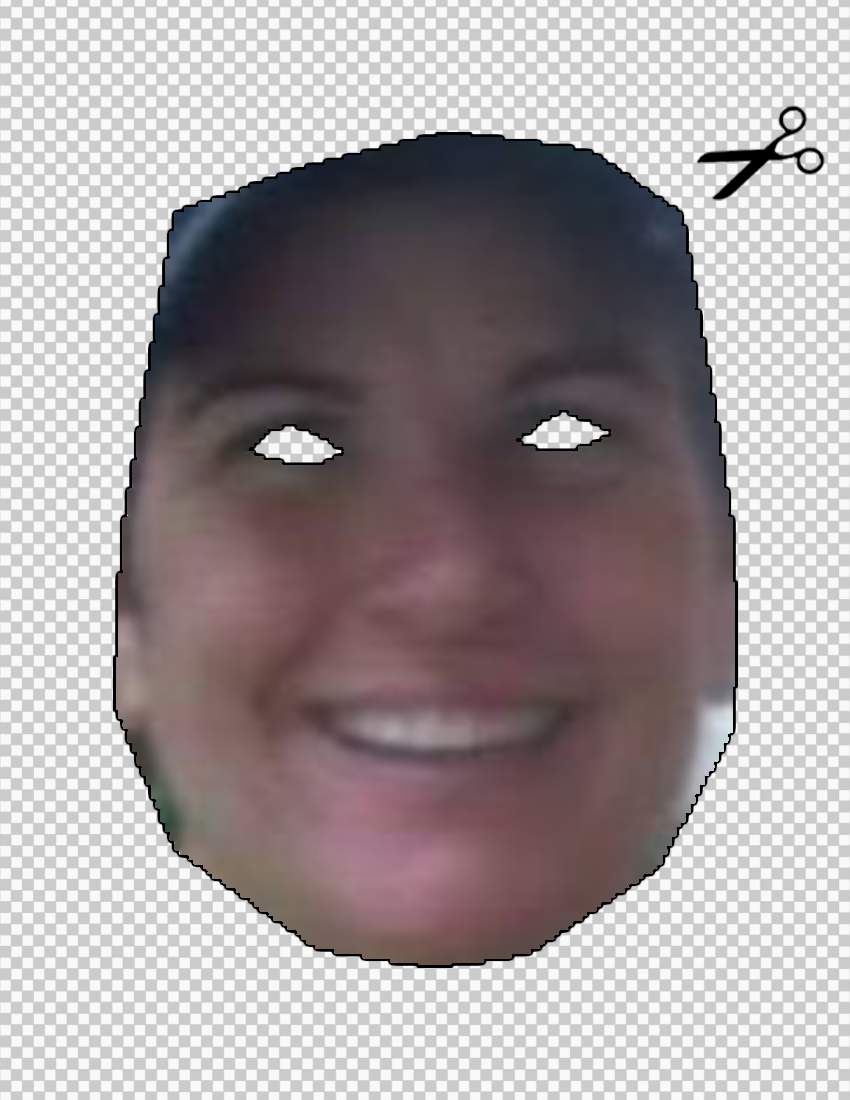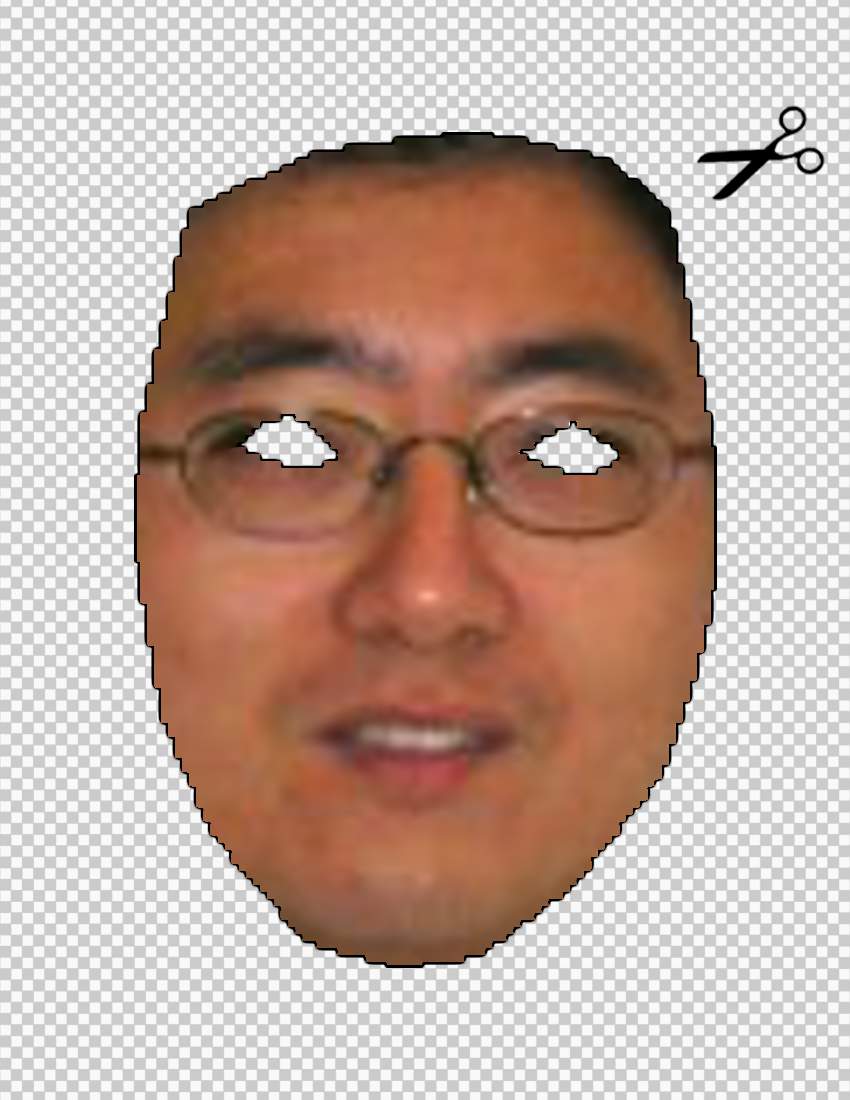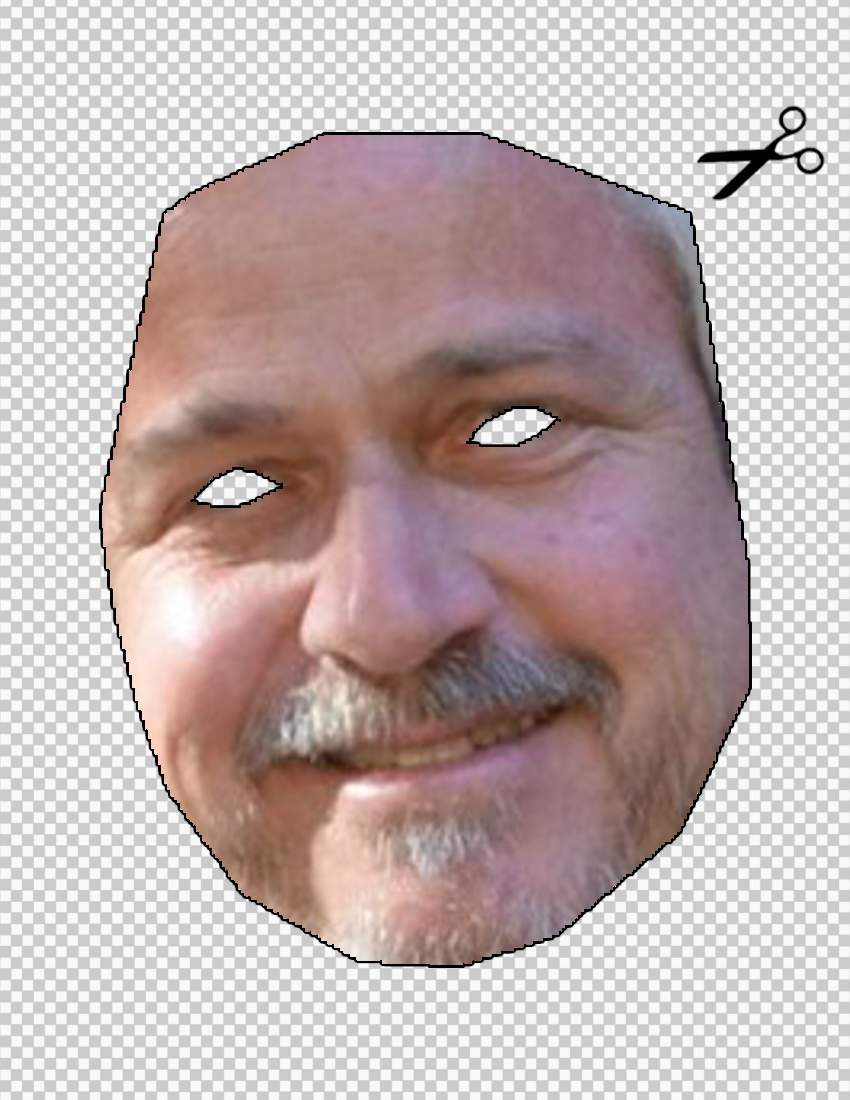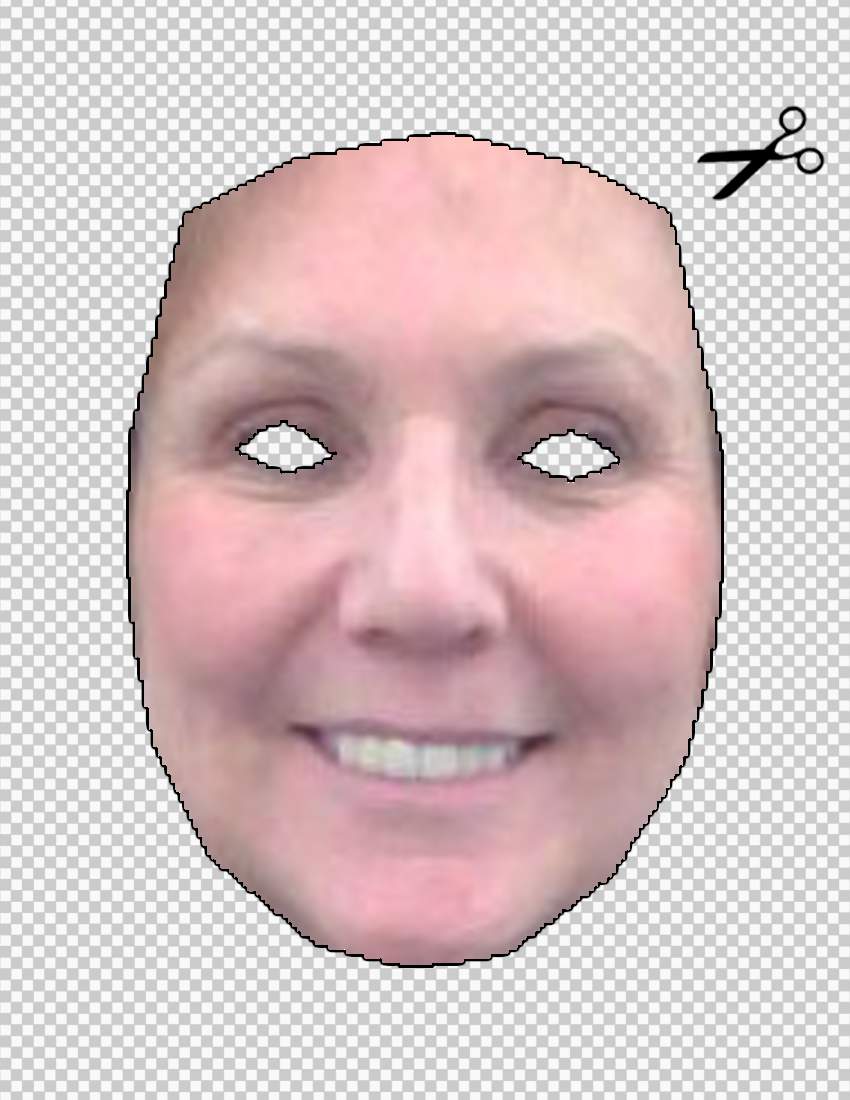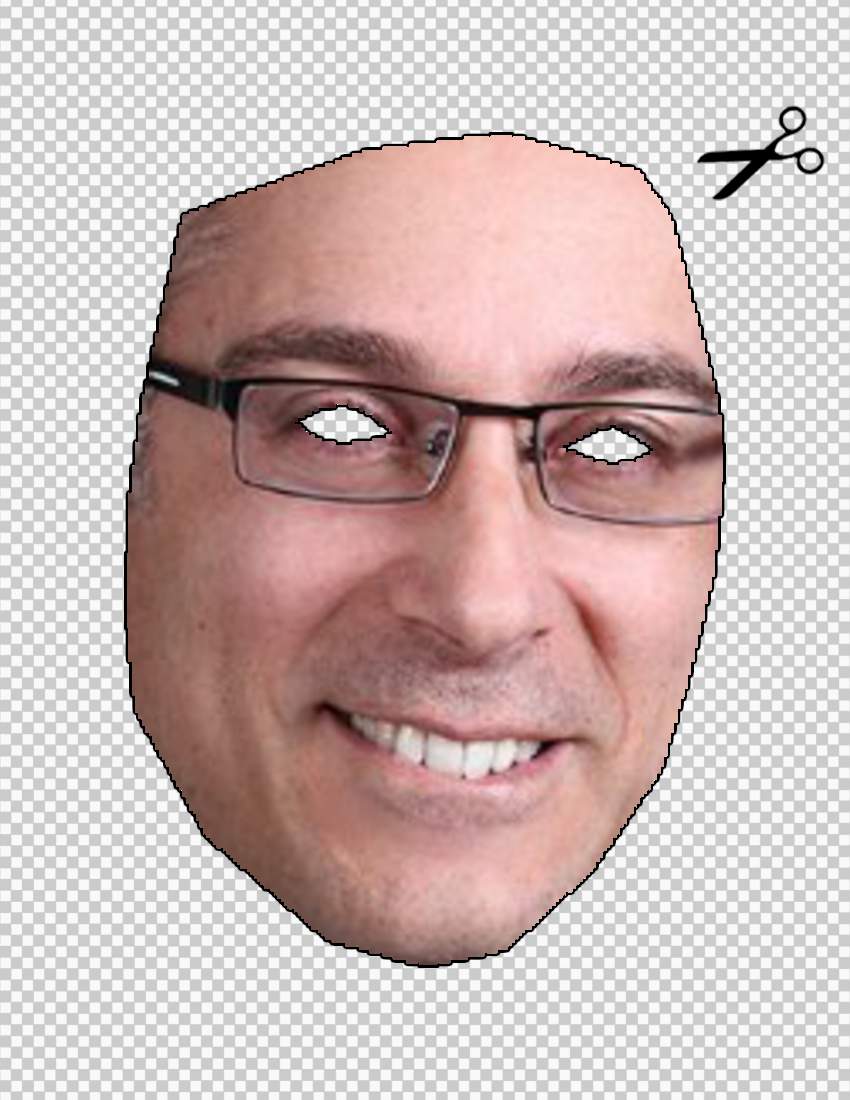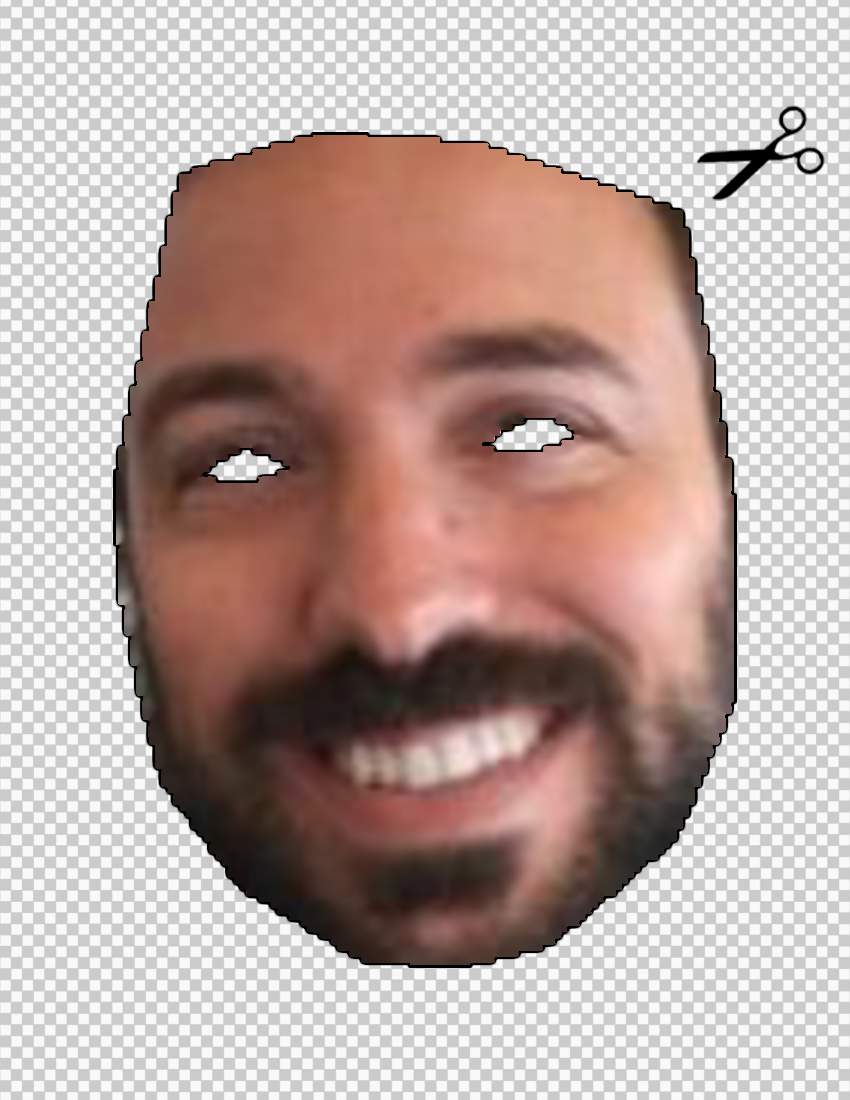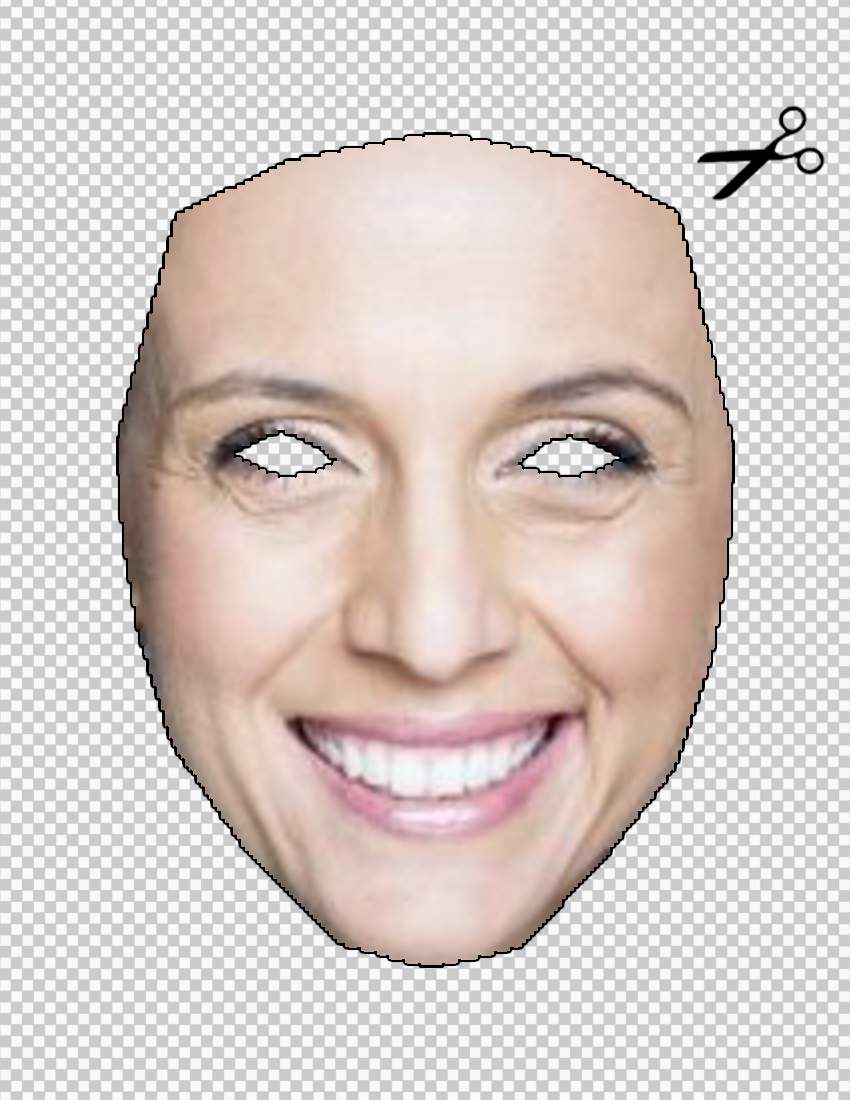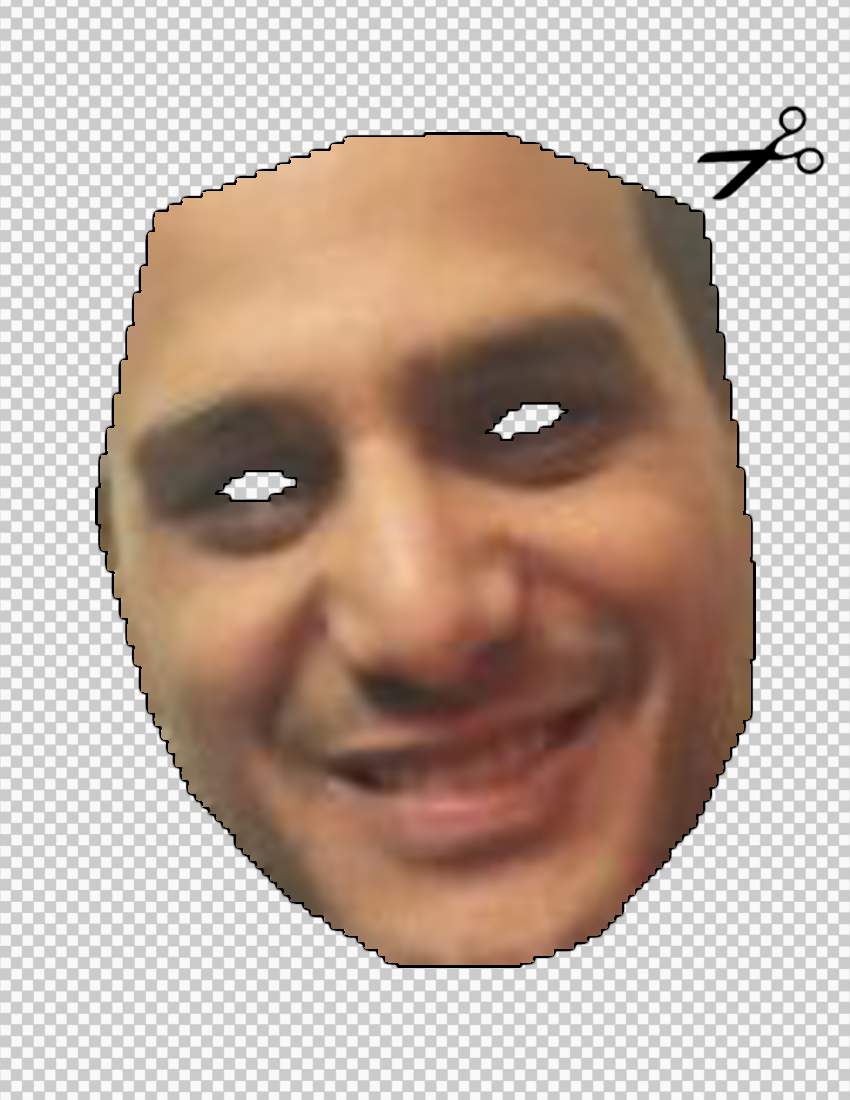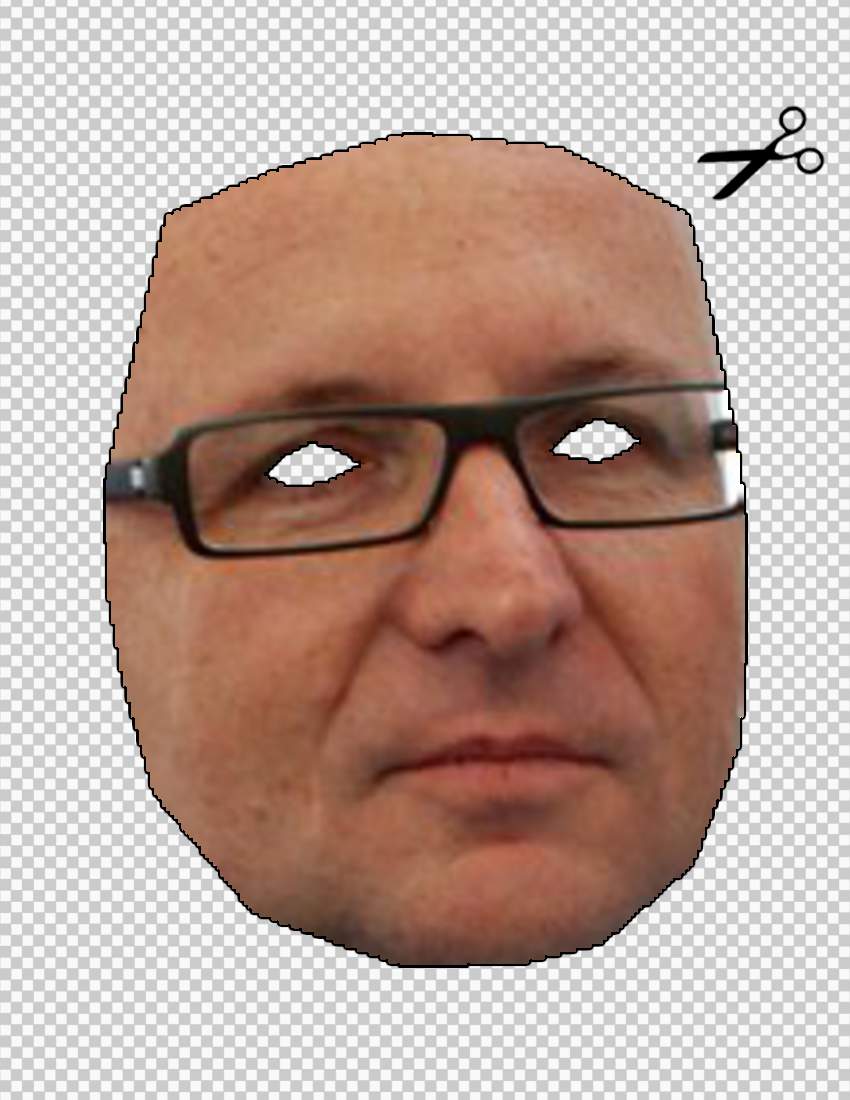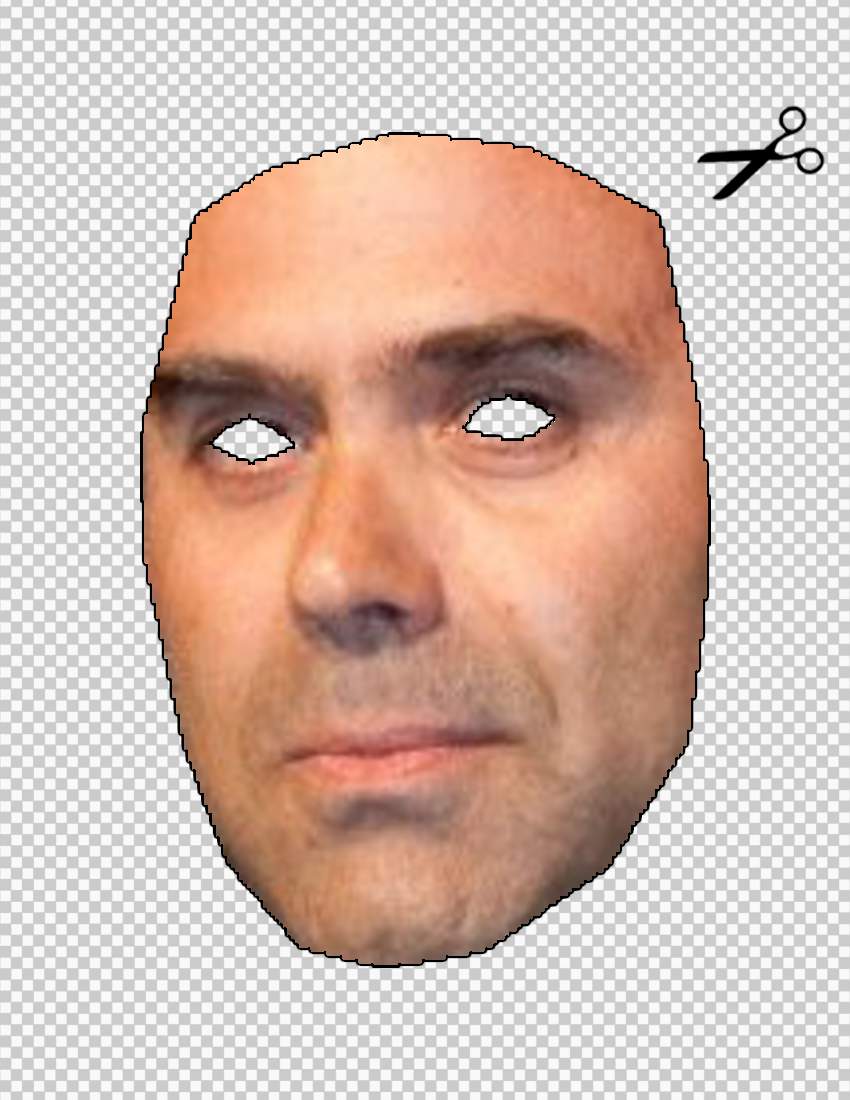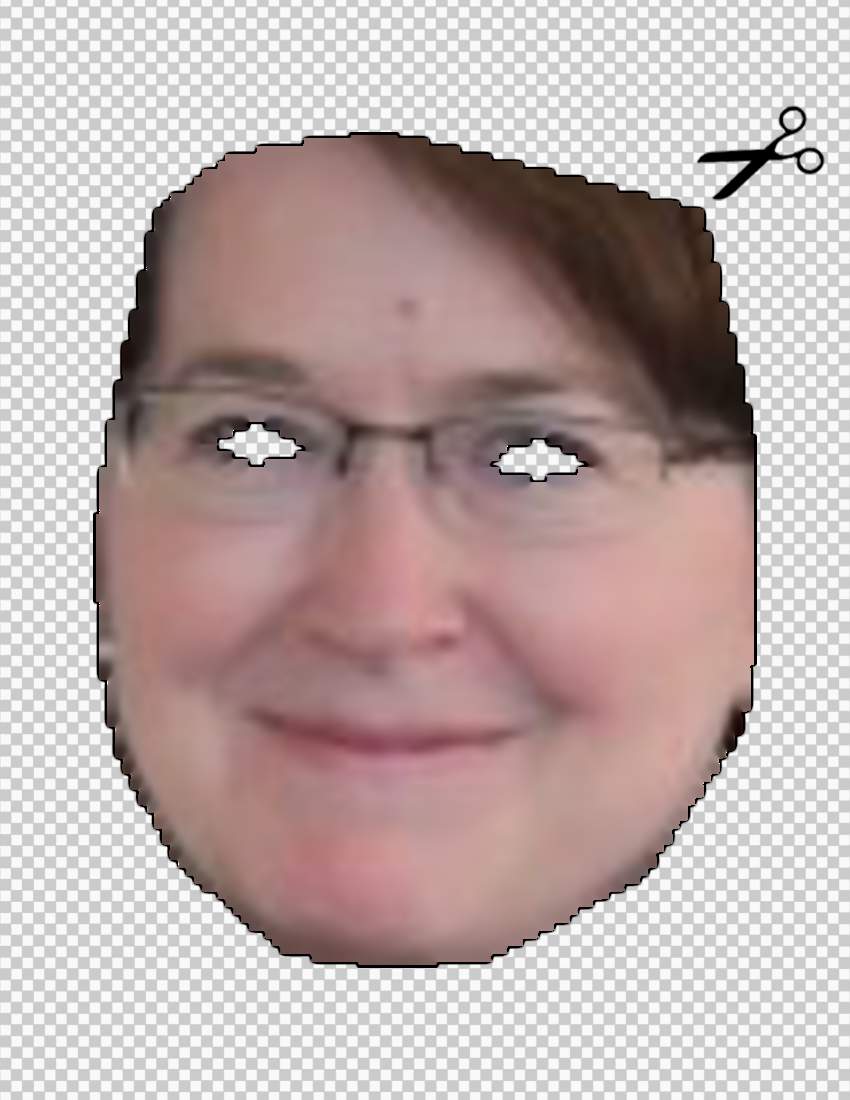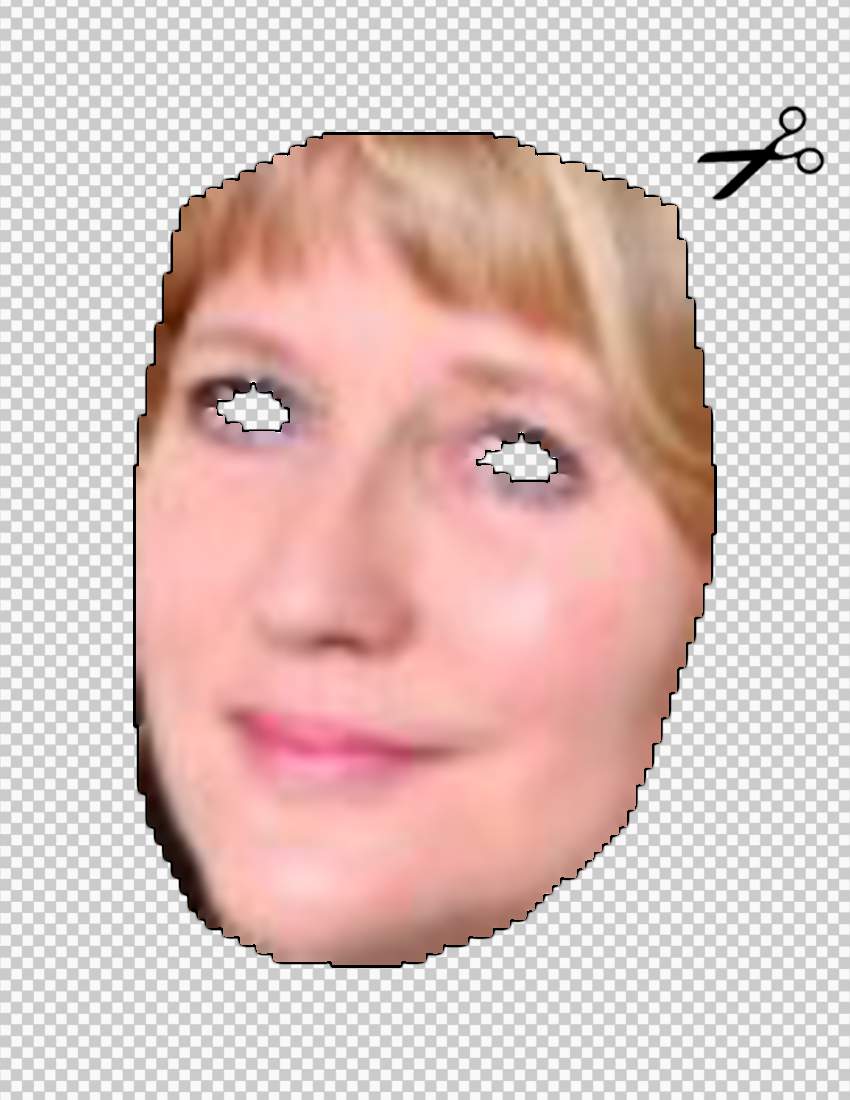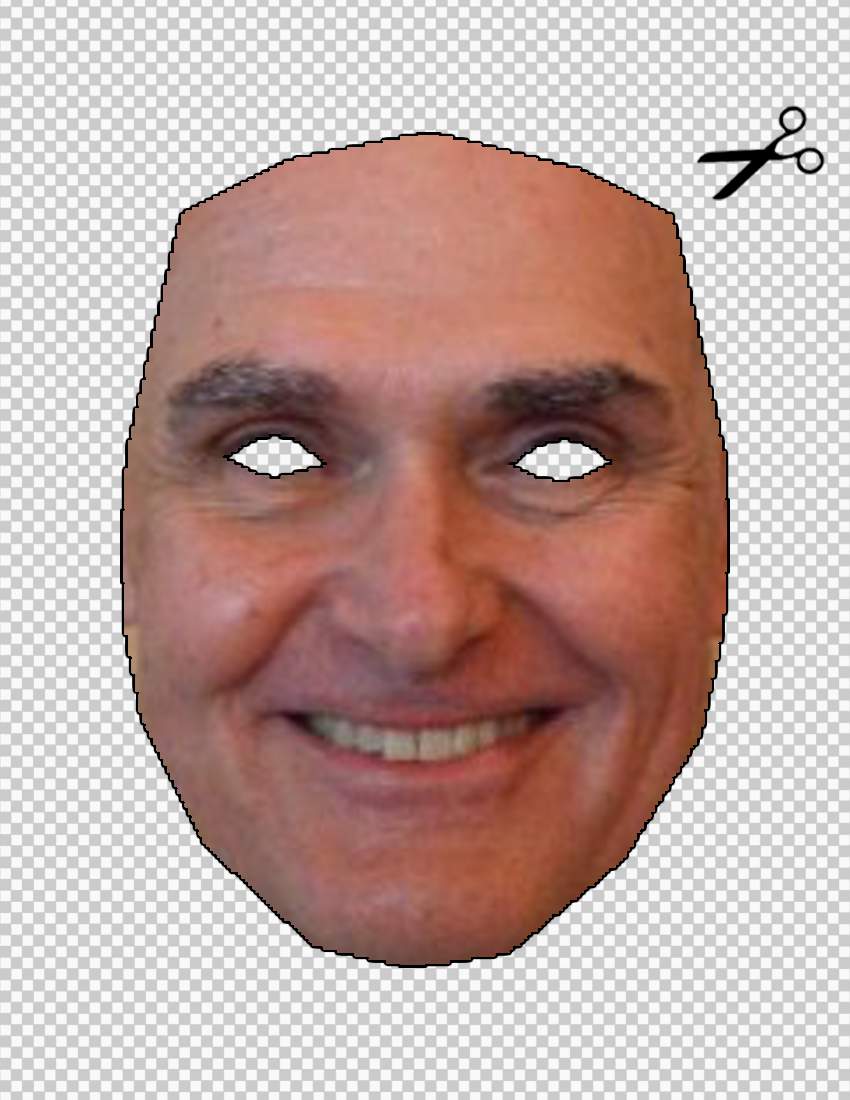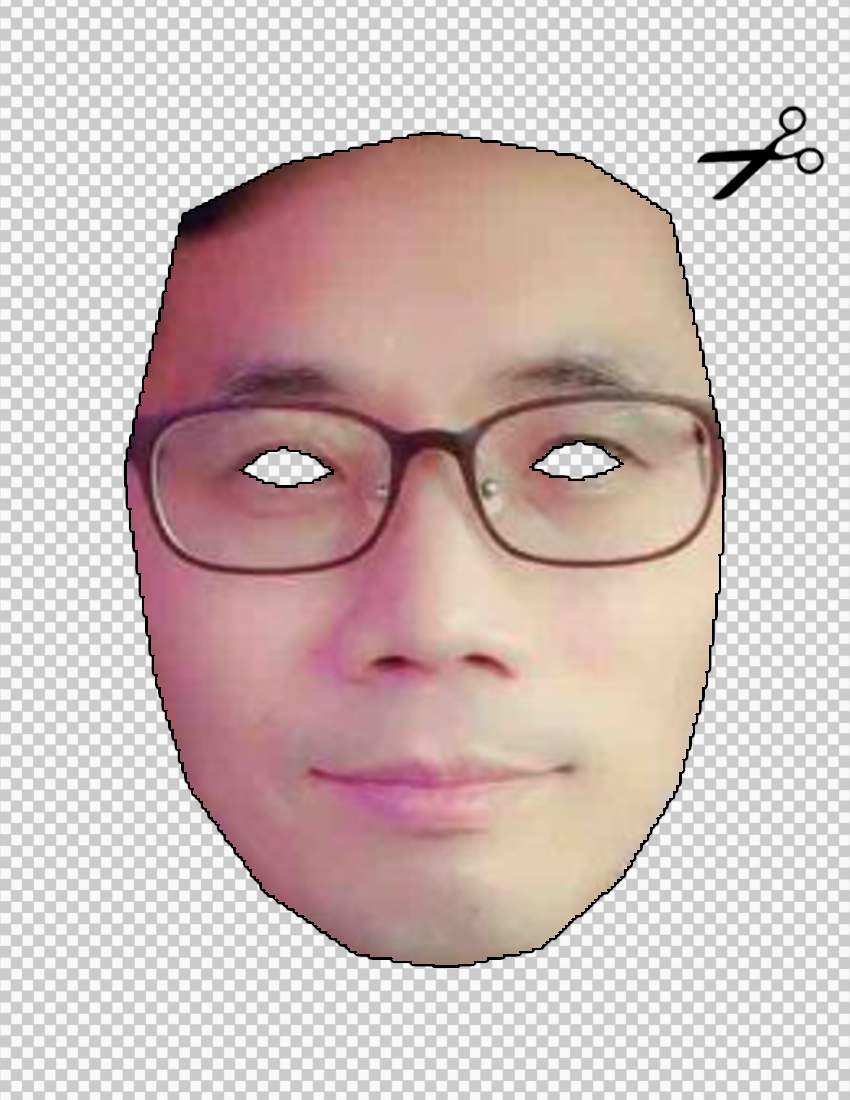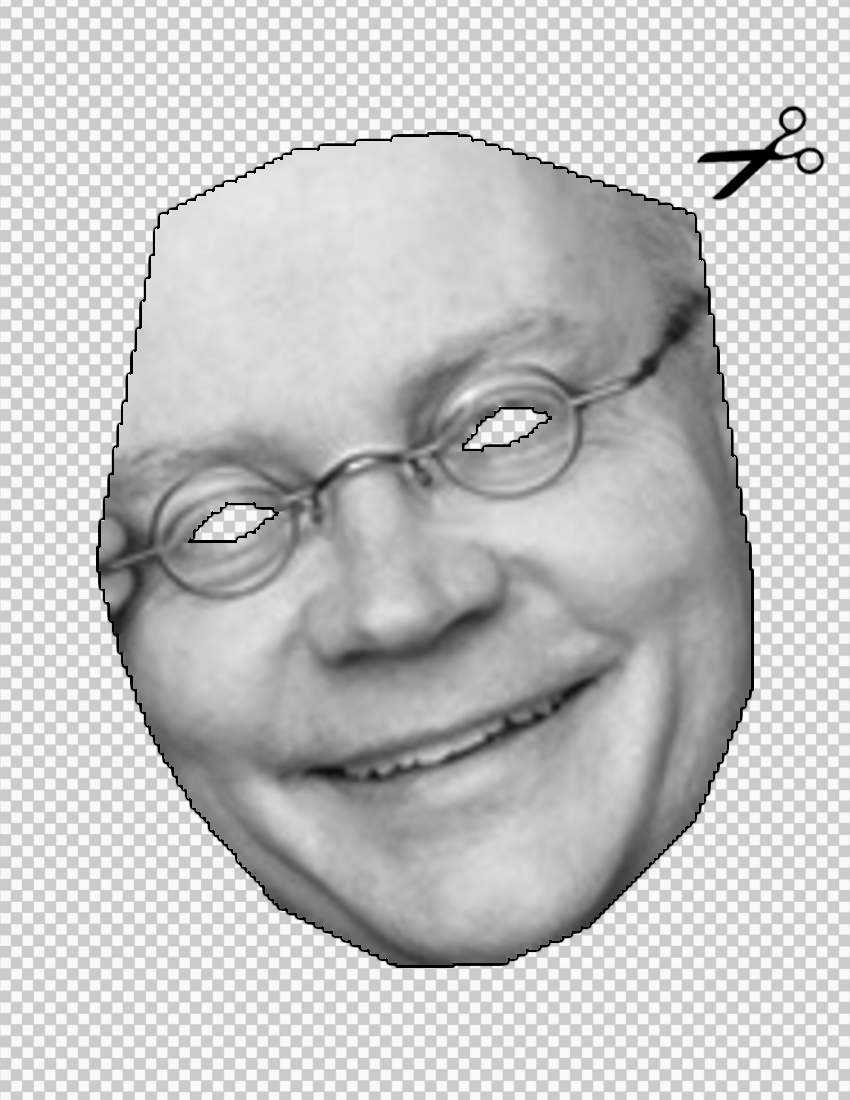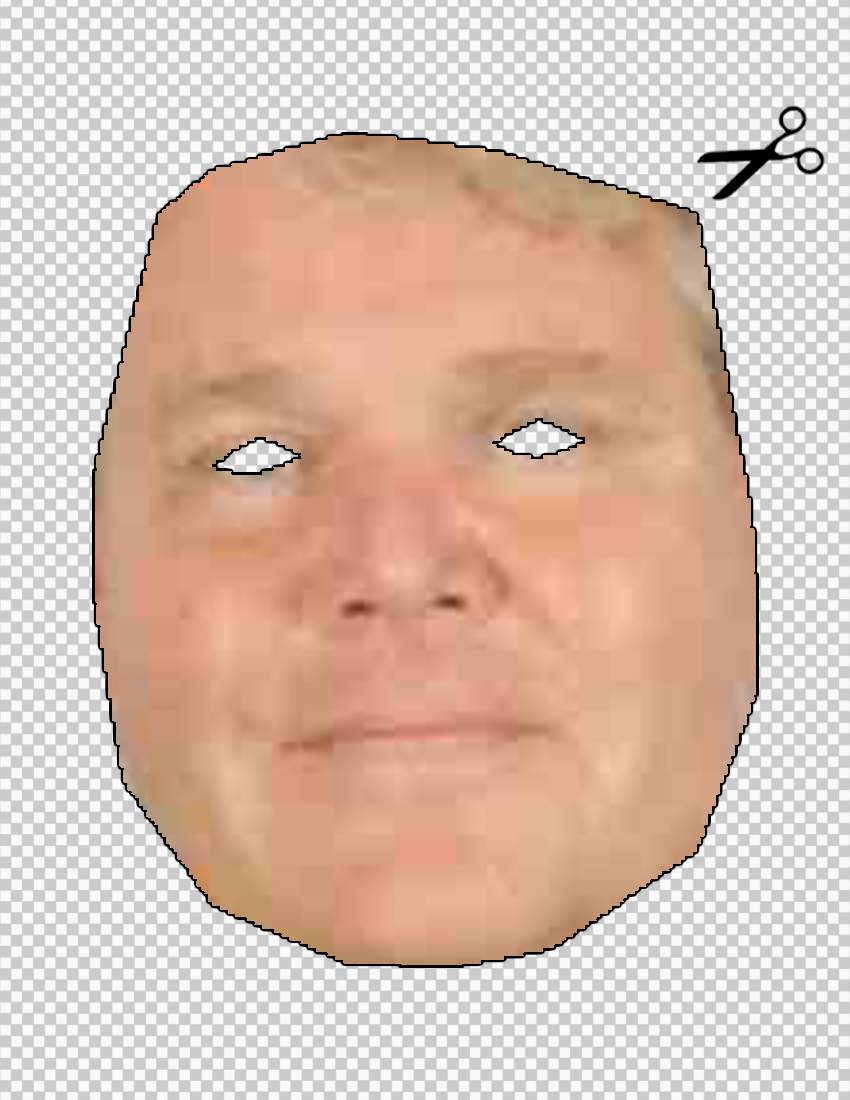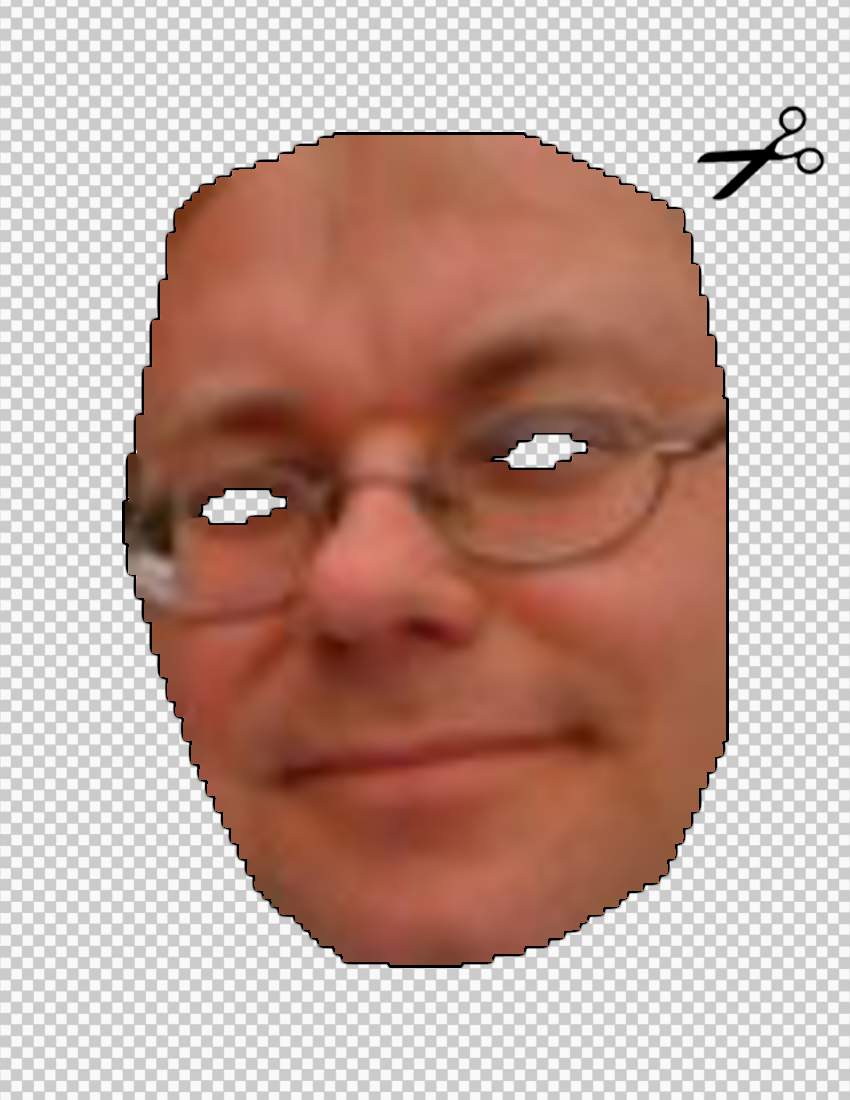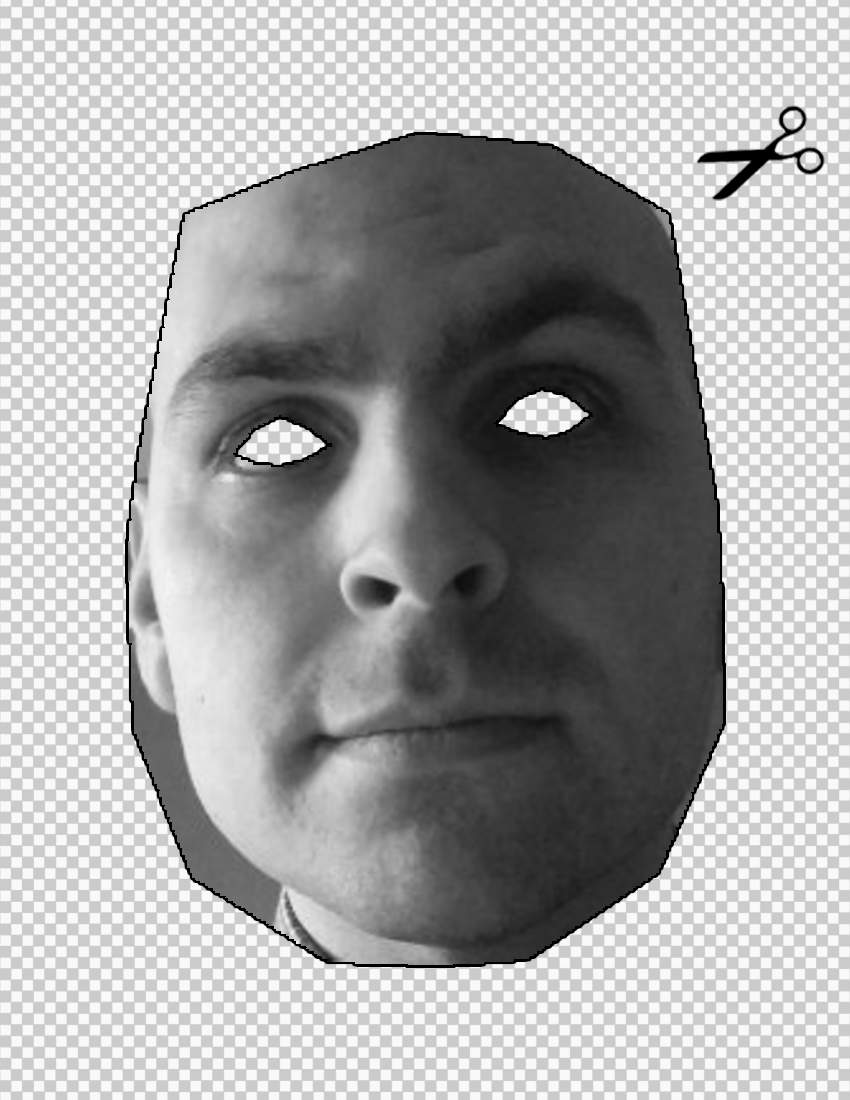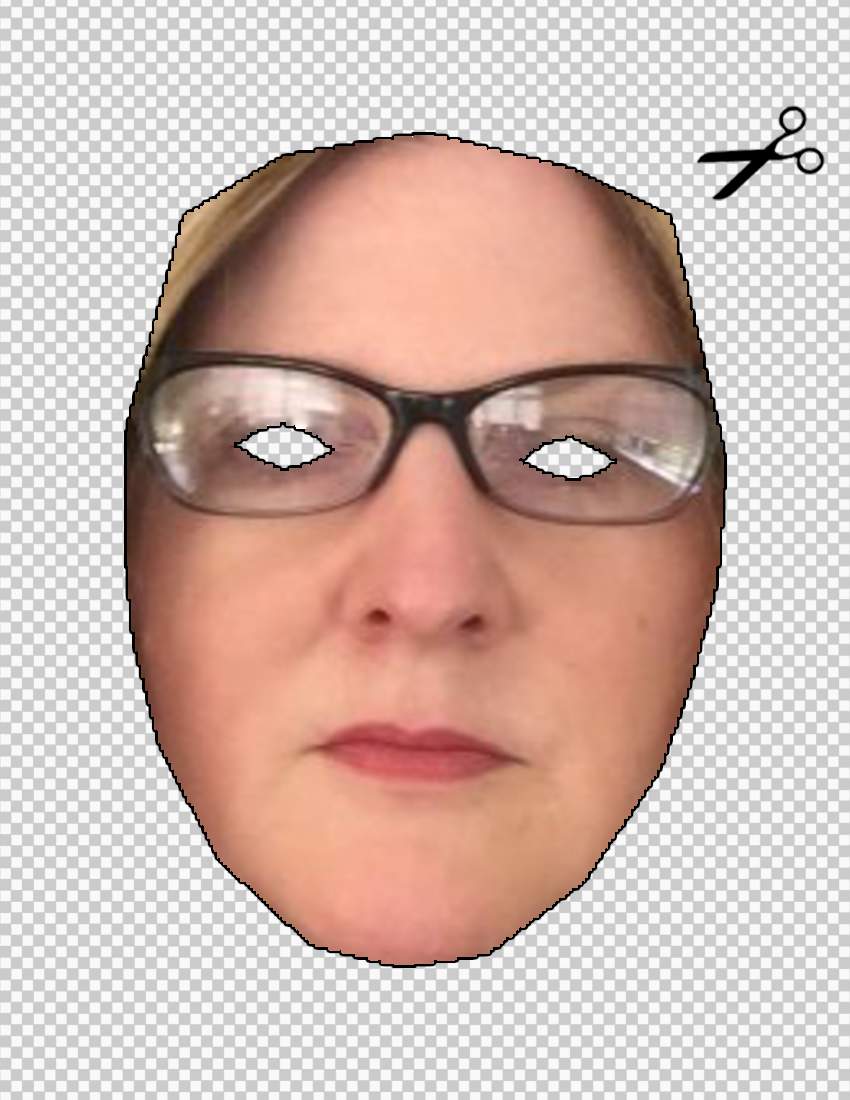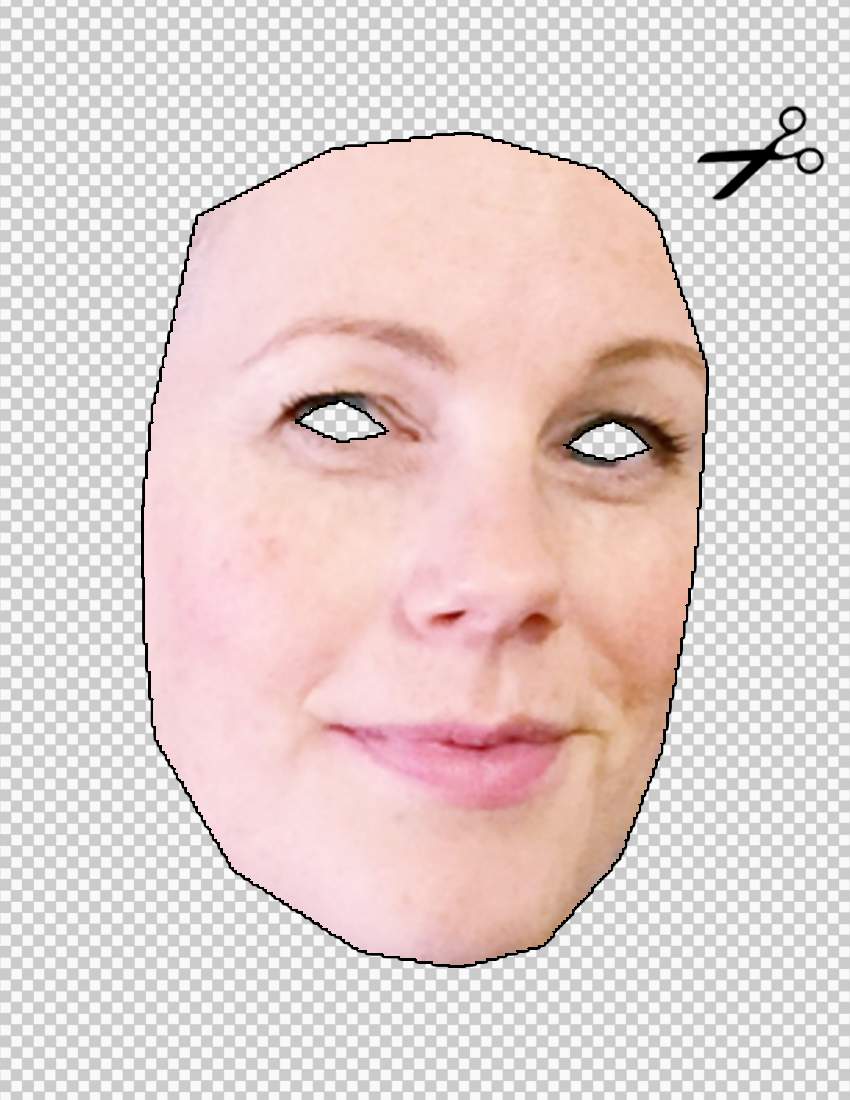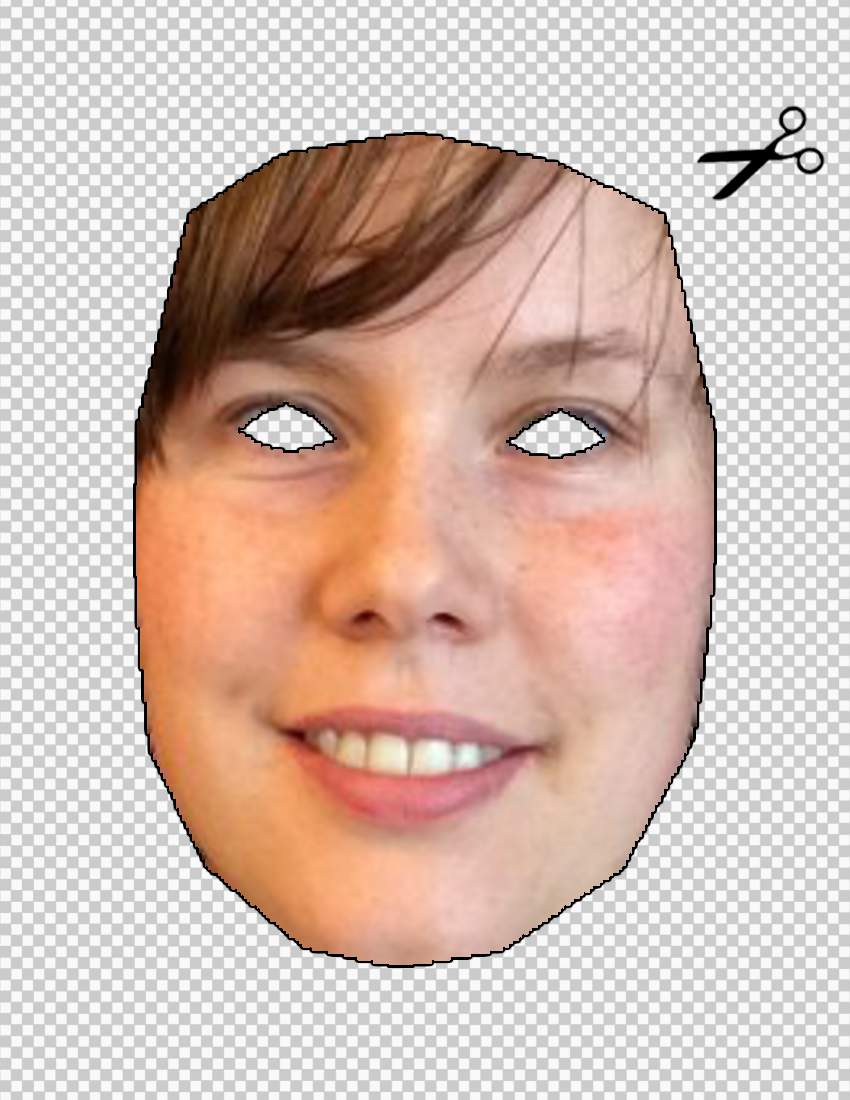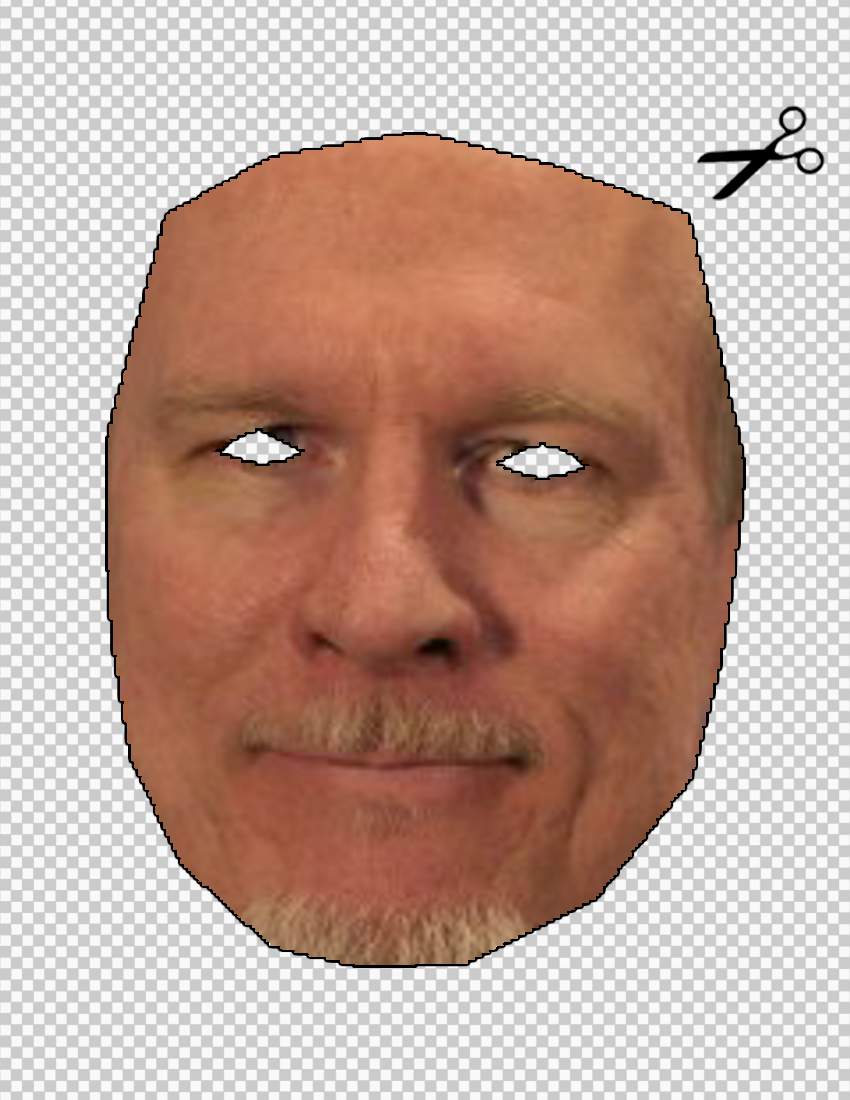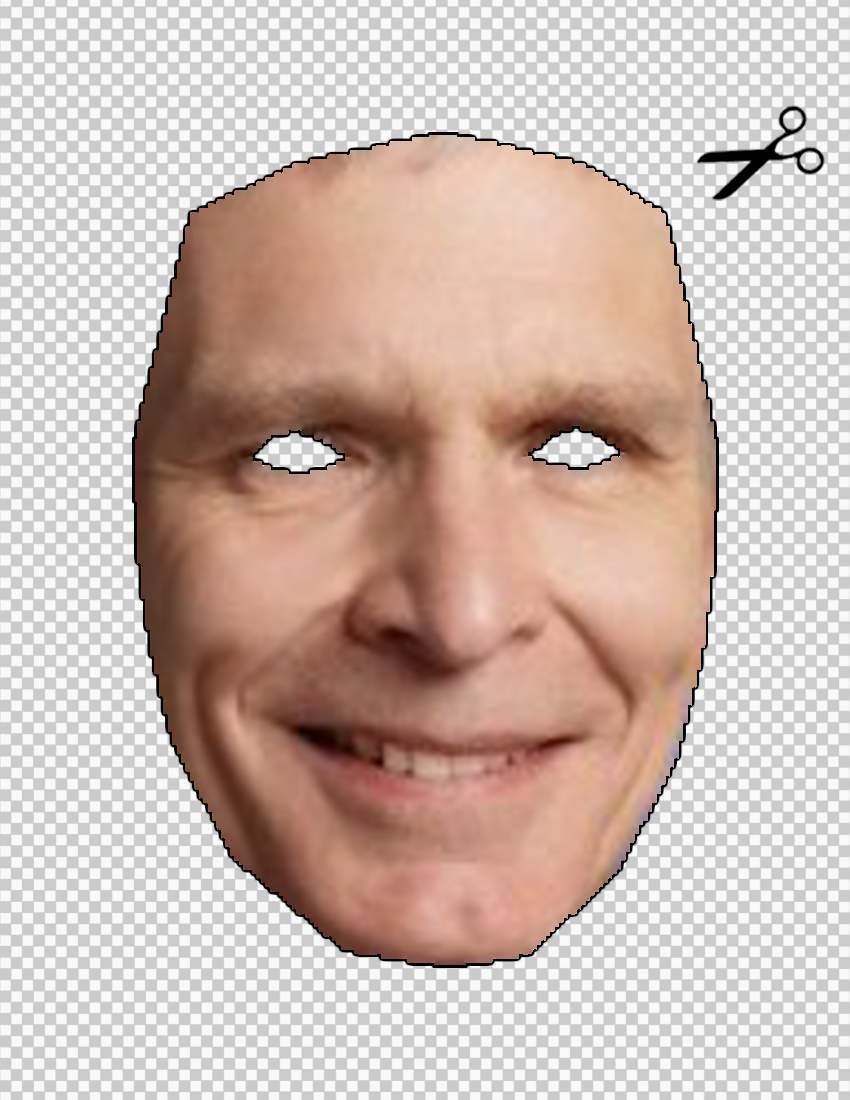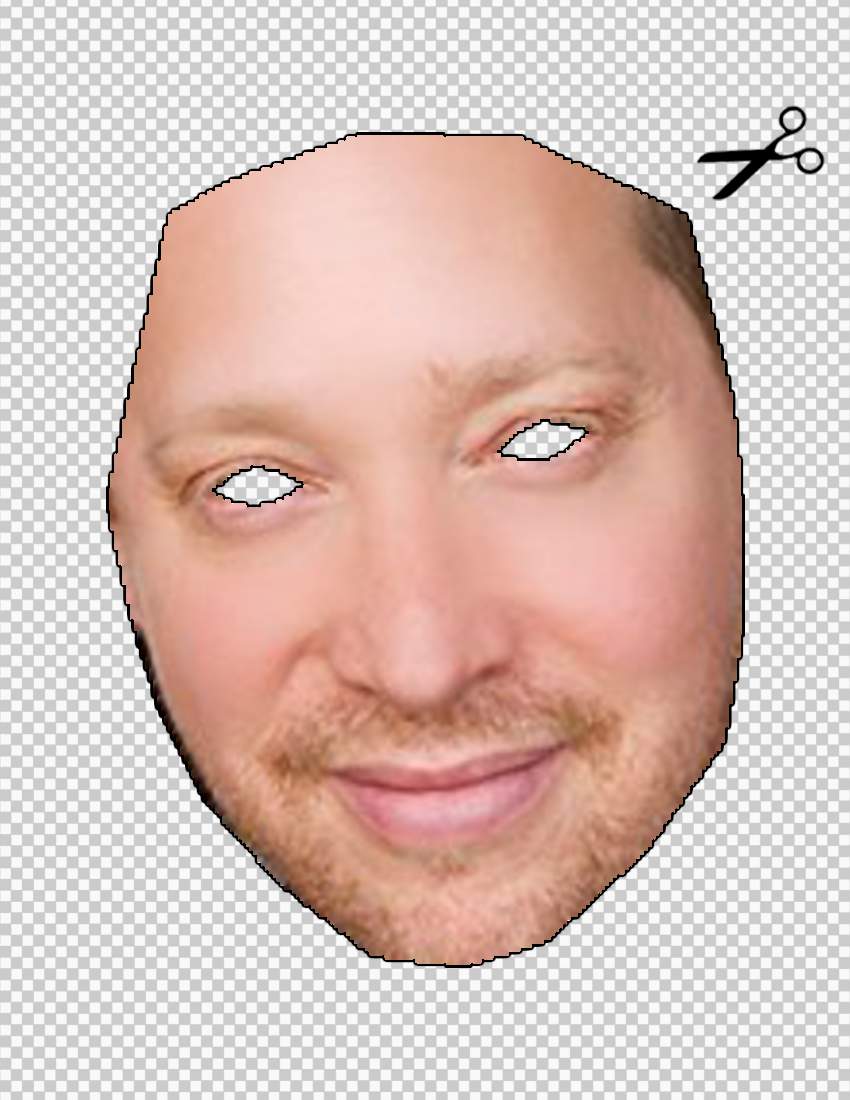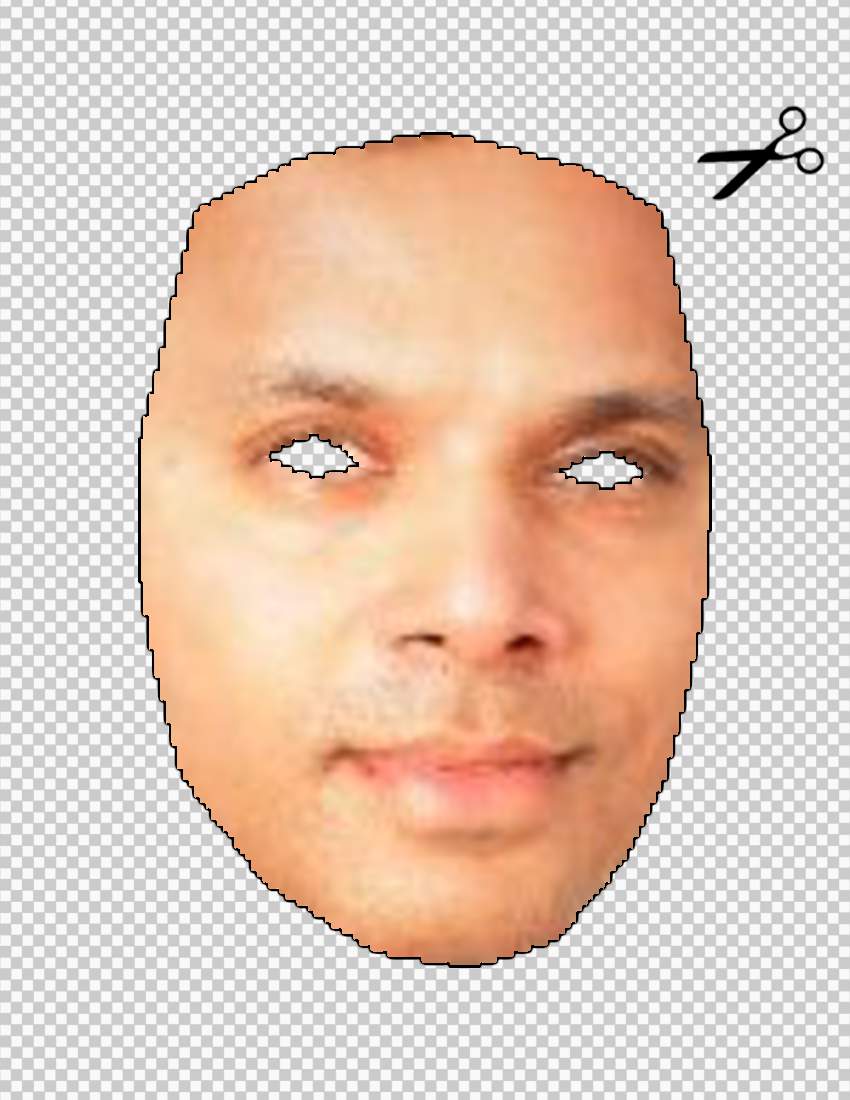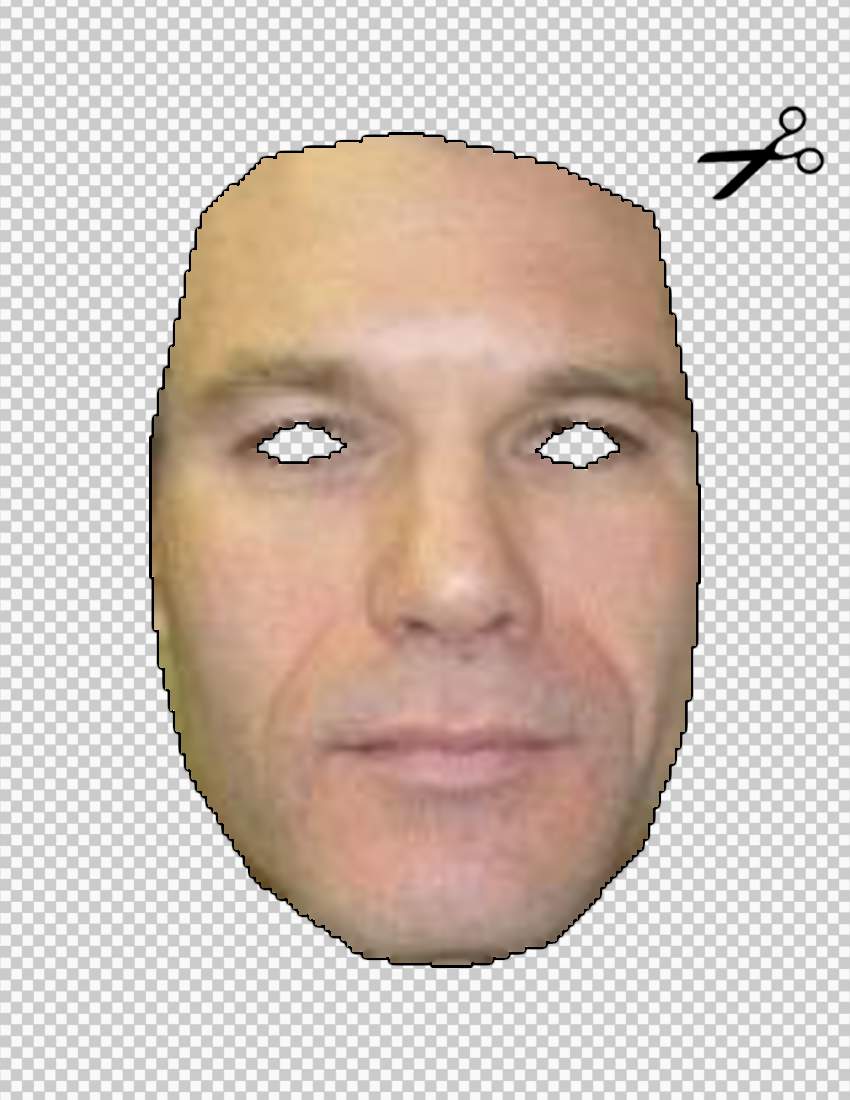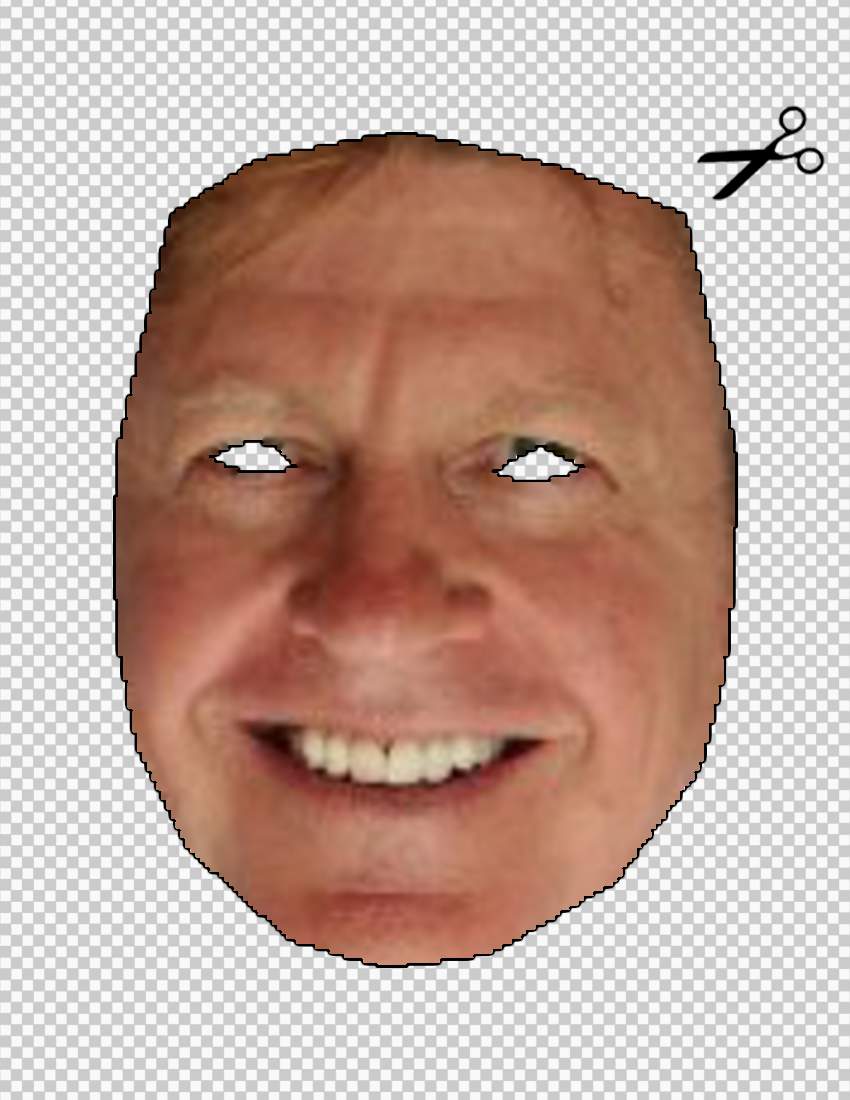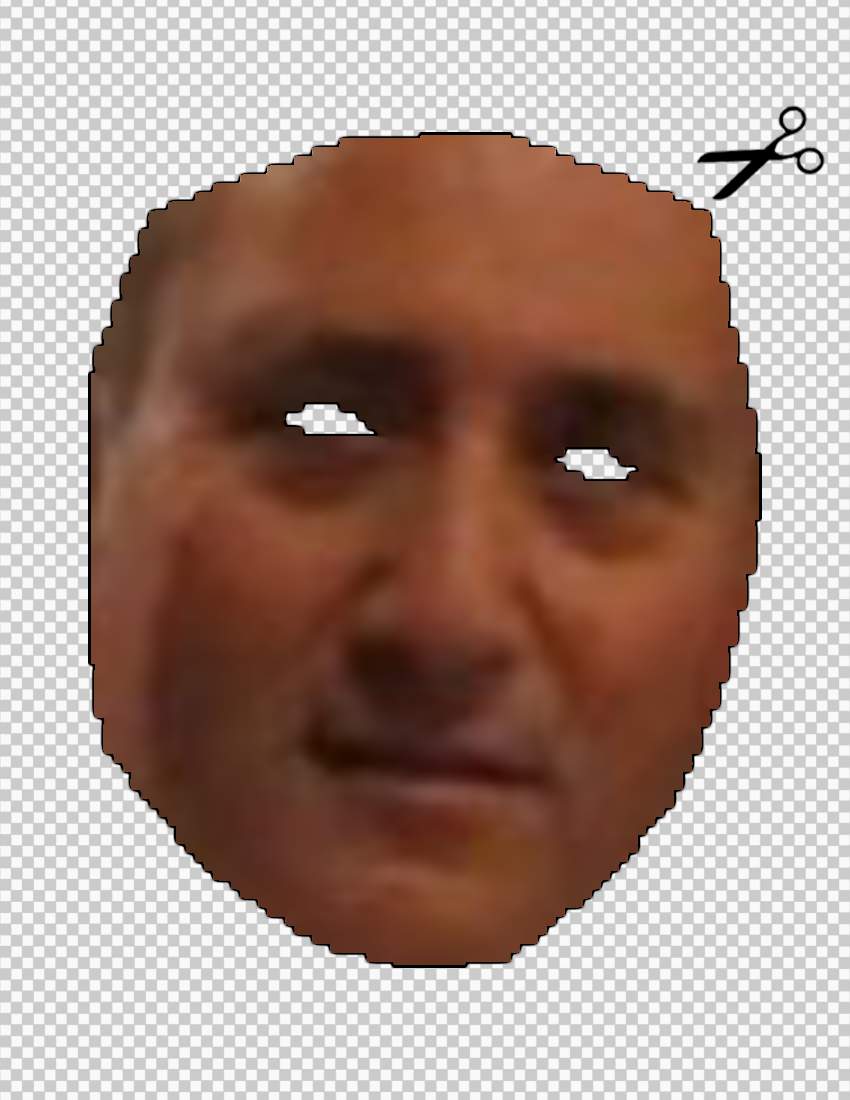You can encrypt your face
By Sam Lavigne, Aaron Cantu, and Brian Clifton
Facial recognition technology turns your face into code that can be archived and traded among strange and suspect parties. Its growing sophistication in the hands of law enforcement poses a particular threat to anonymous dissent. Civil rights groups are already forecasting a near future where police use of facial recognition to track protesters will discourage people from hitting the streets.
The face is only one of several methods that companies specializing in biometric identification technology are developing at a rapid pace. Because they’re harder to forge than passwords, companies are scooping up our faces, gaits, irises and fingerprints in the name of identity verification and national security. With the global industry expected to balloon by several billions of dollars over the next five years, legislative attempts to hinder its growth are just barely catching up. But our right to anonymity cannot wait.
Our visages have become sites of inert code, passively captured from our bodies by Facebook photographs and CCTV videos. Facial recognition companies often use encryption as a way of securing these raw goods—our faces—and winning favor with potential contractors. The Kansas-based company StoneLock, for example, boasts that it uses infrared imagery to reduce your facial measurements into a unique and encrypted biometric signature data file. Nobody could reconstruct your unique facial measurements, except the corporation that keeps your face in its lockbox.
It’s time we conspire to shield our meatsacks from such intrusions and reclaim what encryption means in the context of biometric technology. You can, in fact, encrypt your face, and your bodies. The more people who do it, the better it works. Although putting a mask on in public on a regular basis is impractical, physically anonymizing yourself in public spaces should become commonsense for navigating contentious political events. The New Inquiry has come up with a novel approach to do this.
We’ve devised an algorithm that has culled the faces from 130 executives at leading biometric corporations around the world and transformed them into masks for you to print out and wear. Since they’ve chosen to profit by face-snatching the rest of us, we figured that we would resist by doing the same in reverse. The difference is that by not matching their names to their faces, we’ve chosen to grant these executives the very thing their industry denies to us: anonymity.
This isn’t to say that donning one of these masks isn’t without risk. Aiding the growing use of biometric technology is the increasing criminalization of disguise at political demonstrations: Prosecutors in the cases against inauguration day protesters in Washington, DC, are using the alleged facts that people wore masks and matching black clothing as evidence of criminal intent. Several states either have or are actively attempting to pass laws against masks.
Keep these caveats in mind when wrapping one of the faces below around yours. And make sure to wave at the scanner—their owners may be watching.
Download all the masks here, or view them individually below.











































































